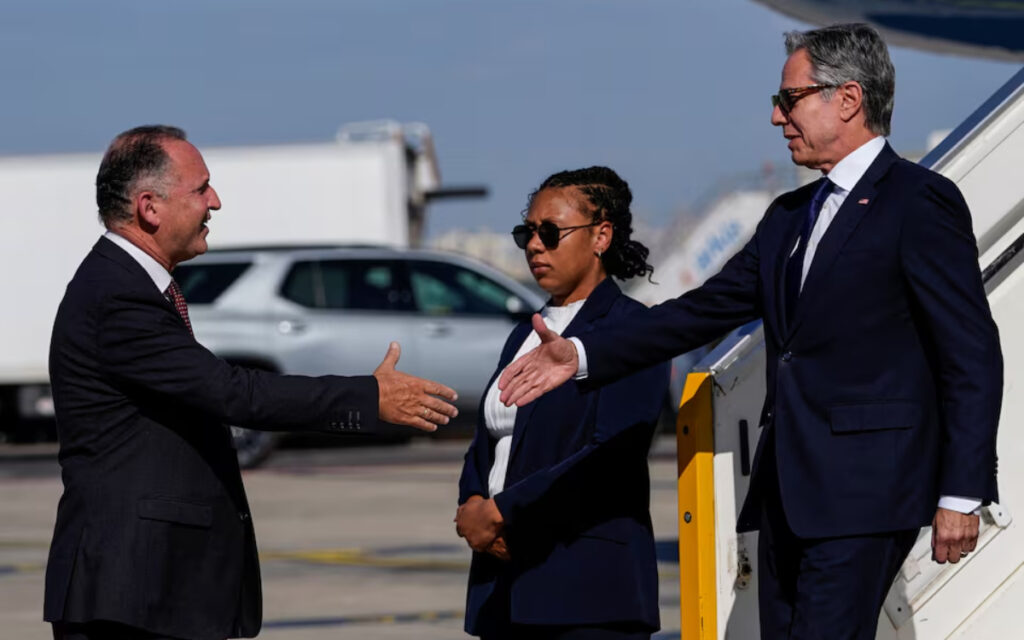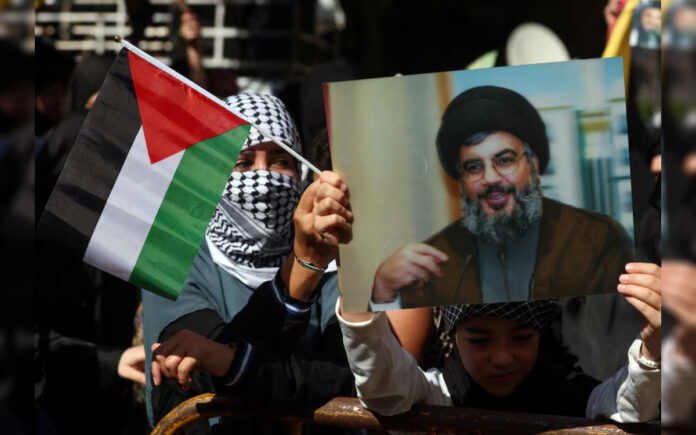Jerusalem: Israel confirmed on Tuesday that it had killed Hashem Safieddine, the designated successor to the late Hezbollah leader Hassan Nasrallah, who was killed last month in an Israeli airstrike aimed at the Iran-backed militant group. The Israeli military stated that Safieddine had been killed three weeks earlier in Beirut’s southern suburbs, marking its first official acknowledgment of his death. Previously, Israel had suggested that Safieddine had likely been eliminated.
Hezbollah has yet to issue a statement regarding Israel’s confirmation of Safieddine’s death.
“We have reached Nasrallah, his successor, and most of Hezbollah’s senior leadership. We will reach anyone who threatens the security of Israeli civilians,” said Israeli army chief Lieutenant General Herzi Halevi.
Israel has intensified its military operations in Lebanon, following a year of escalating border tensions with Hezbollah, widely regarded as the most powerful of Iran’s proxy forces in the Middle East. The group has also supported Palestinian militants in Gaza, while grappling with the losses of senior commanders due to Israeli airstrikes in recent weeks.
Safieddine, a relative of Nasrallah, had been appointed to Hezbollah’s Jihad Council, overseeing its military operations, as well as its executive council, managing the group’s financial and administrative affairs. In recent hostilities, he had taken a more prominent public role, often speaking on behalf of Hezbollah at funerals and other events, filling in for Nasrallah, who had largely remained out of public view for security reasons.
Despite the deaths of several leaders from both Hamas and Hezbollah, including Nasrallah in a September 27 airstrike, Israel shows no signs of easing its campaigns in Gaza and Lebanon.
Diplomats indicate that Israel is seeking to solidify its military gains ahead of the November 5 U.S. presidential election between Vice President Kamala Harris and former President Donald Trump, which could significantly impact future U.S. policies in the region.
Blinken’s Mideast Tour

The confirmation of Safieddine’s death coincided with U.S. Secretary of State Antony Blinken’s efforts to encourage Israeli Prime Minister Benjamin Netanyahu to capitalize on the elimination of Hamas leader Yahya Sinwar. Blinken pressed Netanyahu to secure the release of hostages taken in the October 7 attack and to consider ending the war in Gaza.
Having made 11 trips to the Middle East since the conflict began, Blinken has faced repeated challenges in brokering a ceasefire. This latest visit, potentially his final one before the U.S. presidential election, also focused on finding solutions to the escalating violence in Lebanon. At least 18 people, including four children, were killed in an Israeli airstrike near Beirut’s main hospital overnight, adding urgency to Blinken’s mission.
The U.S. has expressed hope that Sinwar’s death, for which he is blamed for planning the deadly October 7 attack, could open a path to peace. In a statement, Netanyahu suggested that Sinwar’s death “may have a positive impact on the return of hostages and the broader goals of the war.”
Also Read | Blinken: Israel Must Do More to Address Gaza Humanitarian Crisis
However, no mention was made of a potential ceasefire, despite a year of conflict that has severely degraded Hamas’ military capabilities and left much of Gaza in ruins, displacing most of its 2.3 million residents.
Hamas, for its part, has refused to release hostages taken during the October 7 raid without an Israeli commitment to end the war and withdraw from Gaza. As Blinken met with Israeli leaders, Hezbollah declared it would not negotiate while fighting continues, even claiming responsibility for a drone attack on Netanyahu’s holiday home.
Also Read | Xi Jinping Affirms Strong China-Russia Ties Amidst Global Turmoil at BRICS Summit
Hezbollah also reported multiple strikes on Israeli military targets on Tuesday, including areas near Haifa and Tel Aviv, signaling its resilience despite Israel’s heavy bombardments. Meanwhile, Israeli airstrikes continued across Lebanon, leading to the collapse of a multi-storey building in central Beirut, prompting further panic and displacement.
The ongoing Israeli offensive has displaced at least 1.2 million Lebanese and killed 2,530 people, including 63 within the last 24 hours, according to the Lebanese government.



